"Kosovo independence – dangerous precendent"
Vojislav Koštunica called on the Council of Europe (CoE) Tuesday to support "a democratic compromise" for Kosovo.
Tuesday, 02.10.2007.
09:17

Vojislav Kostunica called on the Council of Europe (CoE) Tuesday to support "a democratic compromise" for Kosovo. "It is quite natural, given that the negotiations are in progress, for us to talk openly at this oldest European institution and, I am convinced, to jointly support only a democratic and compromise solution," the prime minister said in Strasbourg. "Kosovo independence – dangerous precendent" He added that "Serbia is, indeed, committed without any reserve, to a democratic solution which will be based on the very same three pillars that form the foundations of Europe itself - human rights, democracy and the rule of law." "This is precisely why, during the course of the New York talks, Serbia proceeded from the crucial issue of respect and guarantees of the rights of the Albanian national minority in the province of Kosovo-Metohija." The prime minister pointed out that "the essence of the problem we are facing is how to settle the status of the Albanian national minority in the province democratically and in line with international law." "Serbia's proposal that we presented in New York is that we are ready to guarantee to the Albanian national minority the status of the most-favored national minority existing anywhere in the world today." "The constitutional guarantee for such a status would be secured in the form of functional and substantive autonomy of the Province of Kosovo-Metohija within Serbia," Kostunica explained. He also warned about "the real threat that particular countries, and even European ones, could opt for the blatant violation of the valid Security Council Resolution 1244, which is binding on all the governments, and which explicitly guarantees Serbia's sovereignty and territorial integrity, and would be prepared to recognize a unilateral act of Albanian separatists on the independence of the province," he said. "Here, at the Council of Europe, we must pose the most natural possible question which is the following: if certain European states opt today to violate Resolution 1244, what can prevent any European state tomorrow, from violating yet another Security Council resolution if such a violation is mandated by its interests?" "We have also seen a powerful non-European country assure us that we should regulate our affairs at the heart of Europe through the use of violence and through the direct violation of the UN Charter and arguing that such an action would not constitute a precedent, but rather a regular and normal state of affairs," Kostunica told the assembly, adding that "common sense is warning us that we should stick to time-tested values and not abandon a democratic solution by any means." "One of these pathways that I have already spoken about leads to a democratic solution based on the European values of respect for human rights, democracy and the rule of law." "The second leads to a highly risky zone of setting the most dangerous precedent since the end of World War Two and allowing a national minority, at the cost of grossly violating a valid Security Council resolution, as well as the UN Charter and the Helsinki Final Act, to form its new state in the territory of a sovereign and internationally recognized state," Kostunica warned. Kostunica addresses the CoE assembly (Tanjug/COE) Kosovo requires UN decision Earlier Tuesday, CoE Secretary-General Terry Davis said the Kosovo issue must be resolved at the UN. Davis said in Strasbourg that the Council of Europe Parliamentary Assembly’s (PACE) position concerning Kosovo was that its future status must be resolved in the United Nations, as “issues of state borders require a UN decision.” “That will be decided in the United Nations, as only that organization is vested with the power to settle issues of state borders, and the Council of Europe will respect that decision,” he told the press on the second day of PACE’s fall session. He reiterated that the CoE was advocating a compromise solution that would satisfy both sides. “Kosovo is a part of Europe, and European standards have to be applied in all its parts,” he said, stressing that the Kosovo issue concerned not only Serbia, but the region and Europe as well. Davis confirmed that NATO’s KFOR in Kosovo had assisted in organizing a visit by a delegation of the CoE’s Committee for the Prevention of Torture (CPT), adding that the Committee would soon be releasing its report.
"Kosovo independence – dangerous precendent"
He added that "Serbia is, indeed, committed without any reserve, to a democratic solution which will be based on the very same three pillars that form the foundations of Europe itself - human rights, democracy and the rule of law.""This is precisely why, during the course of the New York talks, Serbia proceeded from the crucial issue of respect and guarantees of the rights of the Albanian national minority in the province of Kosovo-Metohija."
The prime minister pointed out that "the essence of the problem we are facing is how to settle the status of the Albanian national minority in the province democratically and in line with international law."
"Serbia's proposal that we presented in New York is that we are ready to guarantee to the Albanian national minority the status of the most-favored national minority existing anywhere in the world today."
"The constitutional guarantee for such a status would be secured in the form of functional and substantive autonomy of the Province of Kosovo-Metohija within Serbia," Koštunica explained.
He also warned about "the real threat that particular countries, and even European ones, could opt for the blatant violation of the valid Security Council Resolution 1244, which is binding on all the governments, and which explicitly guarantees Serbia's sovereignty and territorial integrity, and would be prepared to recognize a unilateral act of Albanian separatists on the independence of the province," he said.
"Here, at the Council of Europe, we must pose the most natural possible question which is the following: if certain European states opt today to violate Resolution 1244, what can prevent any European state tomorrow, from violating yet another Security Council resolution if such a violation is mandated by its interests?"
"We have also seen a powerful non-European country assure us that we should regulate our affairs at the heart of Europe through the use of violence and through the direct violation of the UN Charter and arguing that such an action would not constitute a precedent, but rather a regular and normal state of affairs," Koštunica told the assembly, adding that "common sense is warning us that we should stick to time-tested values and not abandon a democratic solution by any means."
"One of these pathways that I have already spoken about leads to a democratic solution based on the European values of respect for human rights, democracy and the rule of law."
"The second leads to a highly risky zone of setting the most dangerous precedent since the end of World War Two and allowing a national minority, at the cost of grossly violating a valid Security Council resolution, as well as the UN Charter and the Helsinki Final Act, to form its new state in the territory of a sovereign and internationally recognized state," Koštunica warned.
Kosovo requires UN decision
Earlier Tuesday, CoE Secretary-General Terry Davis said the Kosovo issue must be resolved at the UN.Davis said in Strasbourg that the Council of Europe Parliamentary Assembly’s (PACE) position concerning Kosovo was that its future status must be resolved in the United Nations, as “issues of state borders require a UN decision.”
“That will be decided in the United Nations, as only that organization is vested with the power to settle issues of state borders, and the Council of Europe will respect that decision,” he told the press on the second day of PACE’s fall session.
He reiterated that the CoE was advocating a compromise solution that would satisfy both sides. “Kosovo is a part of Europe, and European standards have to be applied in all its parts,” he said, stressing that the Kosovo issue concerned not only Serbia, but the region and Europe as well.
Davis confirmed that NATO’s KFOR in Kosovo had assisted in organizing a visit by a delegation of the CoE’s Committee for the Prevention of Torture (CPT), adding that the Committee would soon be releasing its report.












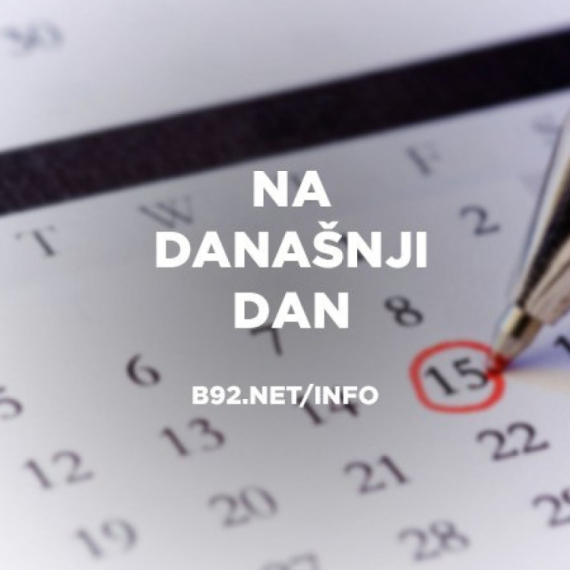


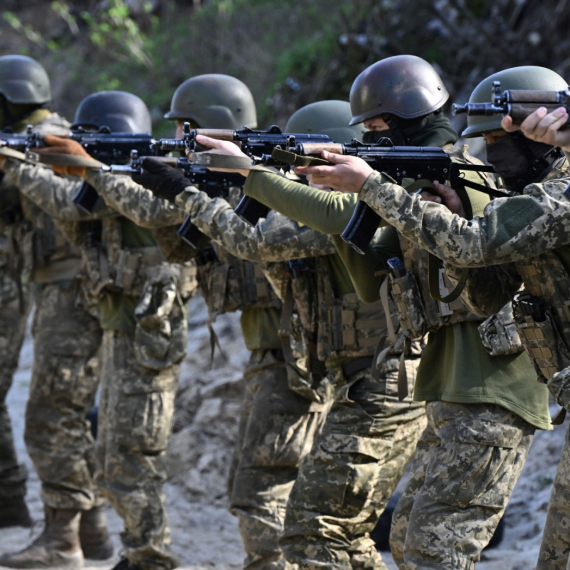
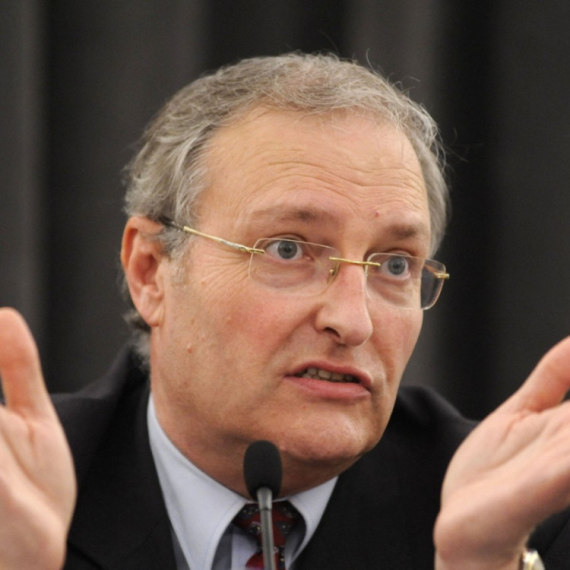
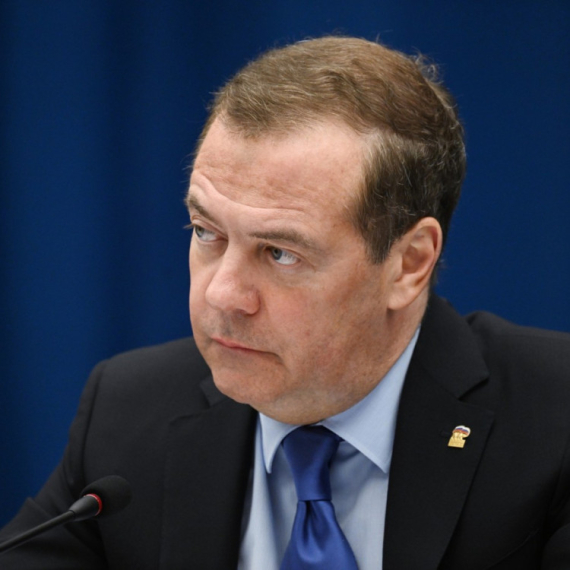

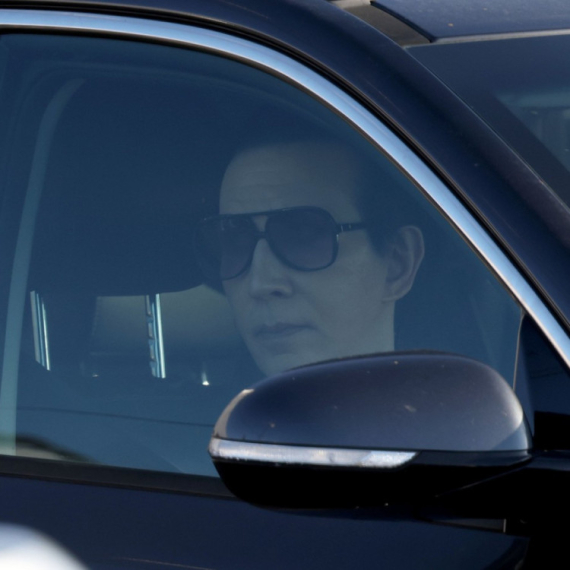


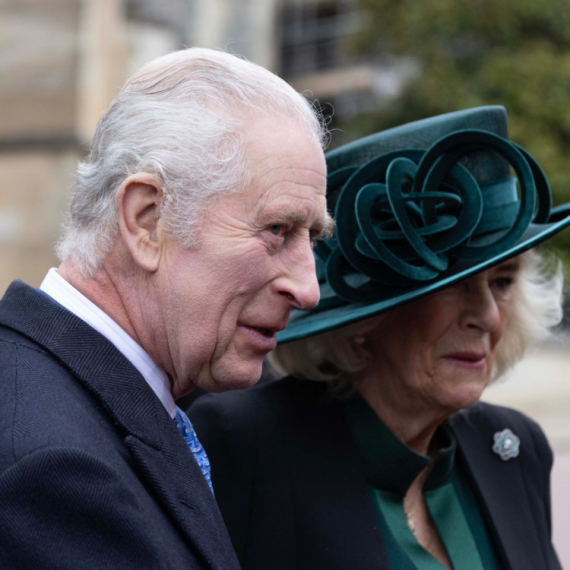






























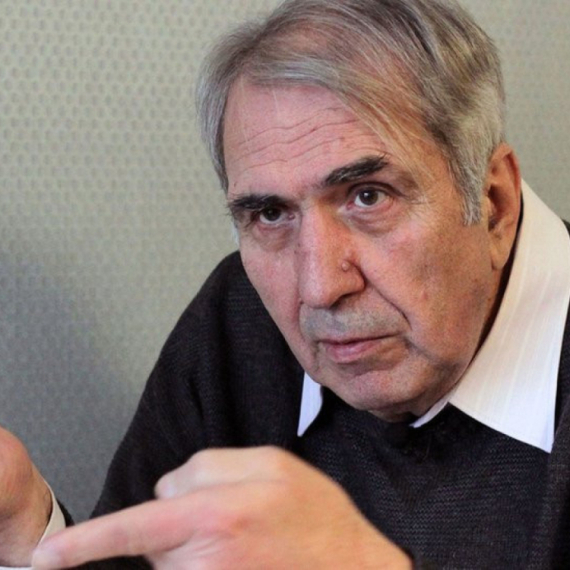
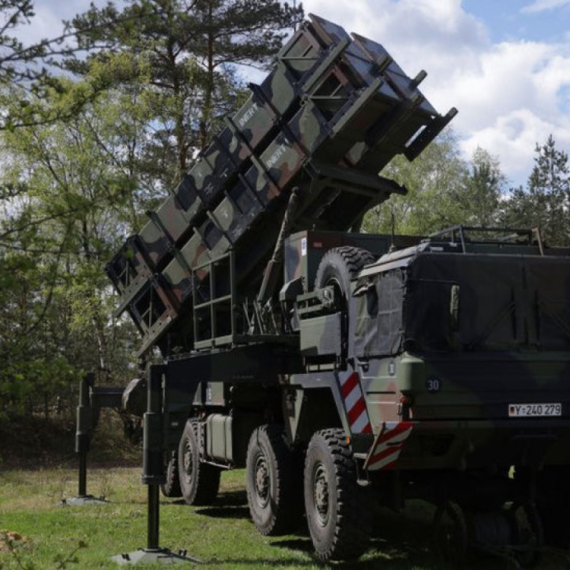

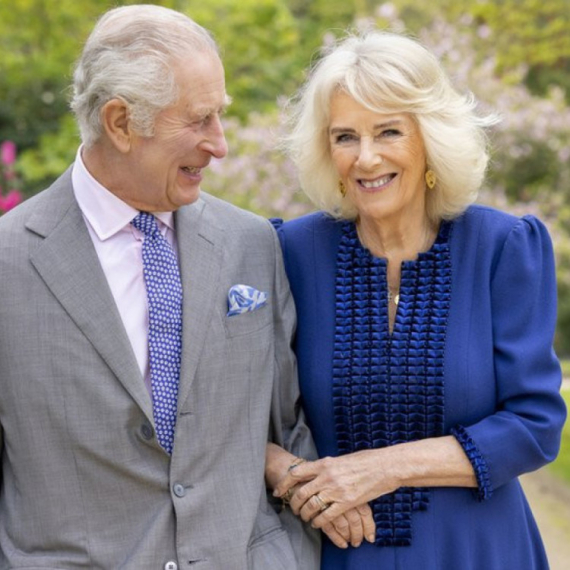


Komentari 24
Pogledaj komentare